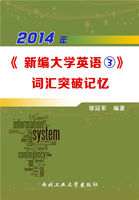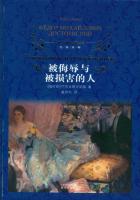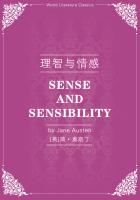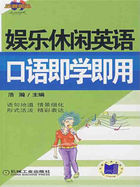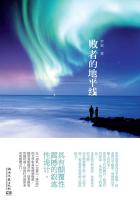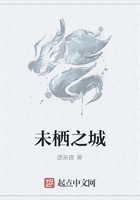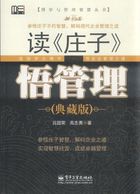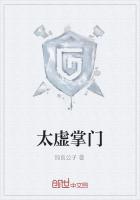Coming from a company that has“invent”as part of our brand,as part of our signature,I sometimes begin speeches by saying that invention and innovation have been part the DNA of HP’s for more than sixty years. Our scientists and engineers today generate more than 11 patents every day. We spend more than 4 billion dollars a year on R&D. So invention is part of our future as well as part of our past. That all sounds pretty impressive until you think about China’s history,and you realize that“invent”has been part of China’s DNA for more than 5,000 years. Every schoolchild in America learns about China’s many gifts to this world—from the invention of paper,to gunpowder,the wheelbarrow,the compass,acupuncture—right up to the first blast furnace and the first use of iron casting,back in the sixth century. As a company,we actually at HP are especially indebted to a man named Bi Sheng,who had the vision in 1045 A.D. to invent the world’s first movable type,which led to its first printer—a full 300 years before Gutenberg’s invention of movable type changed the Western world. So today,I want to issue a belated thank you to Bi Sheng for having the foresight to set in motion a process that would eventually lead to a 20 billion business for HP.
I think the technology landscape today is changing in three fundamental ways. The first big shift we see going on in technology is that all processes,and that all content are being transformed from physical and analog to digital and mobile,and virtual. There are so many examples. Just think about the simple example of what is happening in photography. Photography is going from physical to digital and now from digital to mobile and all the content is about to become virtual and available,and accessible to anyone,anywhere in any form they want. And that transformation from physical to digital,virtual,mobile will happen to every process,every industry,and every kind of content.
The second big shift we see in technology is that the demand for simplicity,for manageability,for adaptability. While it is true that while technology is core to everything,it is also true that technology is also still too complex,too hard to manage,and often that complexity is a barrier.
The third big shift is that it’s becoming a horizontal,heterogeneous,connected world. Whether you’re a CEO trying to become more efficient,more effective and more agile;or a small and medium business trying to mobilize your workforce;or you’re a consumer who wants a whole bunch of separate things that you have bought in your home to work better together,it is now about horizontal connections. It’s about making a heterogeneous world work together and speak a common language—and I am speaking not of just devices,but networking and connecting businesses and companies,employees and suppliers to customers.
As technology moves from the fringe to the core of people’s lives and businesses,the need for technology to deliver more becomes increasingly important. I think today our consumers are no longer willing to compromise. Now,all of our customers actually want everything from technology. They want affordability and innovation and reliability and security and simplicity and manageability and connection.
Now if I were giving you a speech today on HP,I would tell you that this is a future that we are trying to create. That we see our role to accelerate the transformation from physical to digital. That as the No.1 consumer IT company in the world;the No.1 technology company for small and medium-sized businesses,and one of the leading enterprise technology companies,we are a company,we believe,unlike any other,with market-leading positions in virtually every category in which we compete. Today we are a almost 84 billion company with 140,000 employees in 176 countries around the world.
第一章 Stay Hungry,Stay Foolish (5)
This school has prepared all of you for that same journey. As you work to take what you have learned here and apply it to the world around you,I hope that you will also strive to use your capabilities to create communities that are not just richer,but better;to judge success not just by the number of networks you connect,but by the number of people you connect;that you won’t just help make better companies,but better communities,and a better world.
It’s that same kind of thinking that brought us to China in the first place. It was 22 years ago that HP opened our first office here in China,in an old municipal factory located in Beijing. A day before the opening,there was still sawdust on the floor,and two of our engineers worked so hard to get our systems ready that they slept overnight in the building on folding cots. When we opened that building ,it was the first partnership of its kind to be sponsored by the government of the People’s Republic of China in conjunction with a foreign company.
That’s the same wish I leave you with here today. This University,I believe,has prepared you well and taught you the lessons of character and capability. The leaders of tomorrow will be the people of your age with the drive and commitment to fulfill their own potential and to help others reach their potential.


